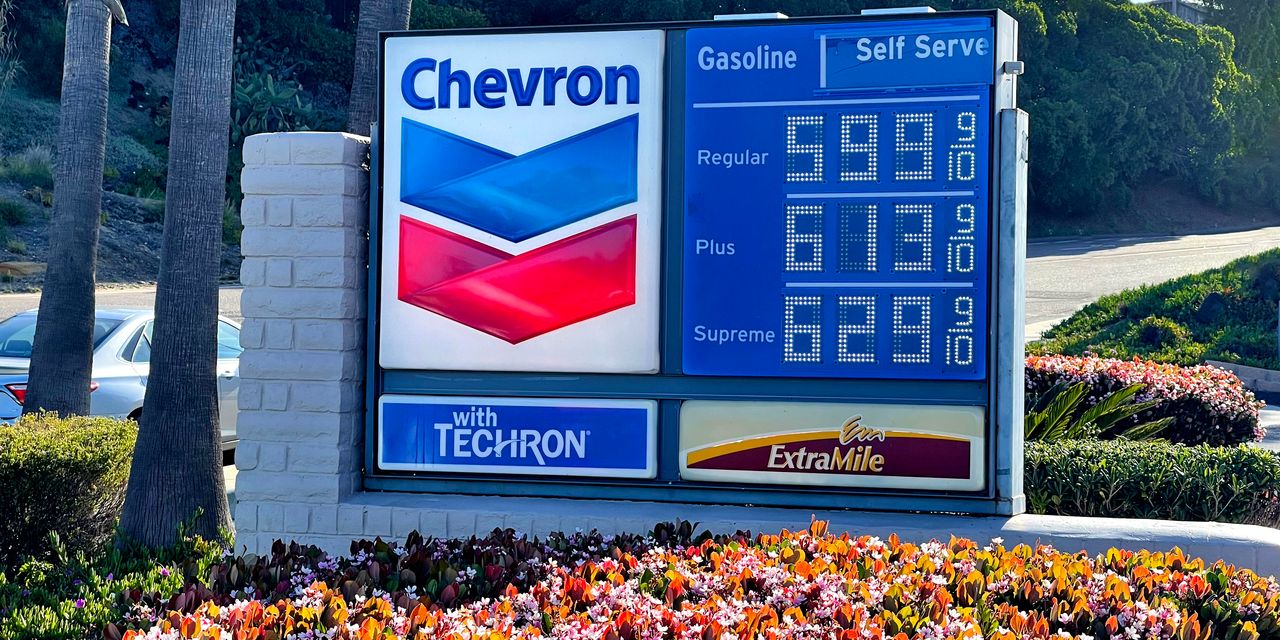There’s been a lot of news about inflation lately, especially about whether we are entering a recession or whether we’re already in one.
Although the conventional definition of a recession is two consecutive negative quarters of real GDP, there is no consensus among economists — and everyone else, for that matter — that we’re in a recession already.
“There are some very good economists out there who are arguing that the U.S. may well have entered a recession in the last part of 2021 or the early part of 2022,” co-host and economist Stephanie Kelton said on this week’s Best New Ideas in Money podcast.
But we won’t know for sure whether we’re in a recession until the National Bureau of Economic Research tells us so officially. And even then, Kelton said the committee’s official declaration could very well come a year or more after the recession officially started.
“There are fierce disagreements among economists about all of this; on the one hand, some people say, it’s obvious that we’re sliding into recession, and what in the world are the rest of you missing?,” Kelton said on the podcast. “But then others will say, how can you be so quick to jump to conclusions? Look how many jobs we’re creating, and look how low the unemployment is.”
One indicator, notably not a predictor, of recession is the Sahm Rule, named after former Federal Reserve economist Claudia Sahm. Basically, when the unemployment rate rises by a certain percentage above the low of the prior year, it indicates the economy has entered recession.
“Right now the unemployment rate is really low and it’s not rising,” Sahm said on the podcast. “So according to my measure — and it’s one the White House has cited and many other people have cited — we’re not in a recession.”
But other economists say it’s not enough to indicate when we’re in a recession — instead, we should look to determine whether we’re in a recession before it actually happens.
Instead of looking at unemployment rates, David Blanchflower, a professor of economics at Dartmouth College, said consumer confidence is the best variable to look at if you want to predict a recession.
“That’s the variable that predicts it, and it has two great characteristics,” he said on the podcast. “It predicts six of the last six. And it also doesn’t give you a false positive.”
Blanchflower prefers consumer confidence data to unemployment because unemployment is a lagging indicator. Consumer confidence data, on the other hand, can pick up turbulence in the economy much earlier, as consumers begin to sour on the economy.
So to answer the question of whether or not we’re already in a recession, maybe consumers — meaning all of us — the best predictors of recession.
Learn more in this week’s podcast. And tune in every week to MarketWatch’s Best New Ideas in Money podcast with Stephanie Kelton, economist and a professor of economics and public policy at Stony Brook University, and MarketWatch reporter Charles Passy. Each week, they explore innovations in economics, finance, technology and policy that rethink the way we live, work, spend, save and invest.
